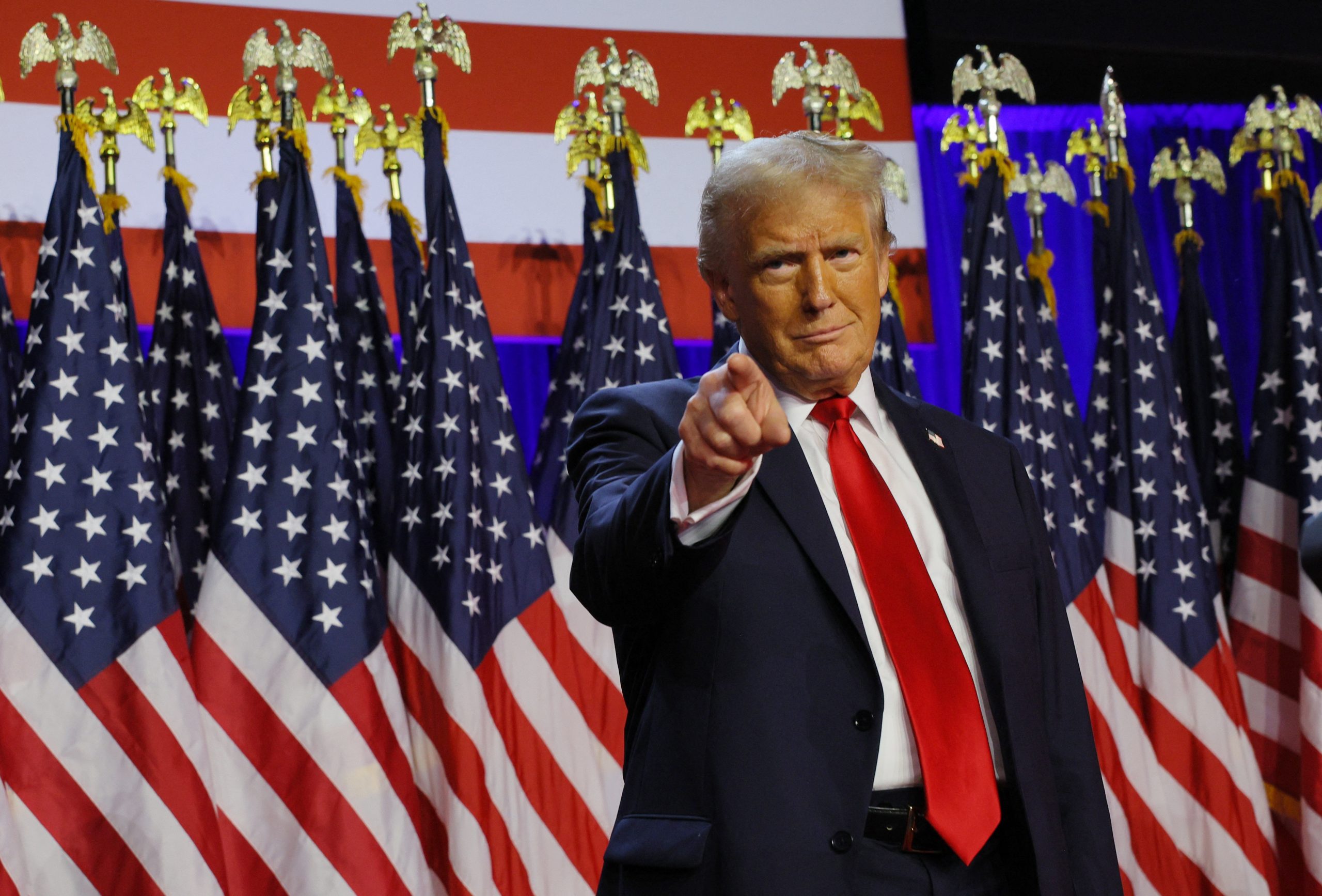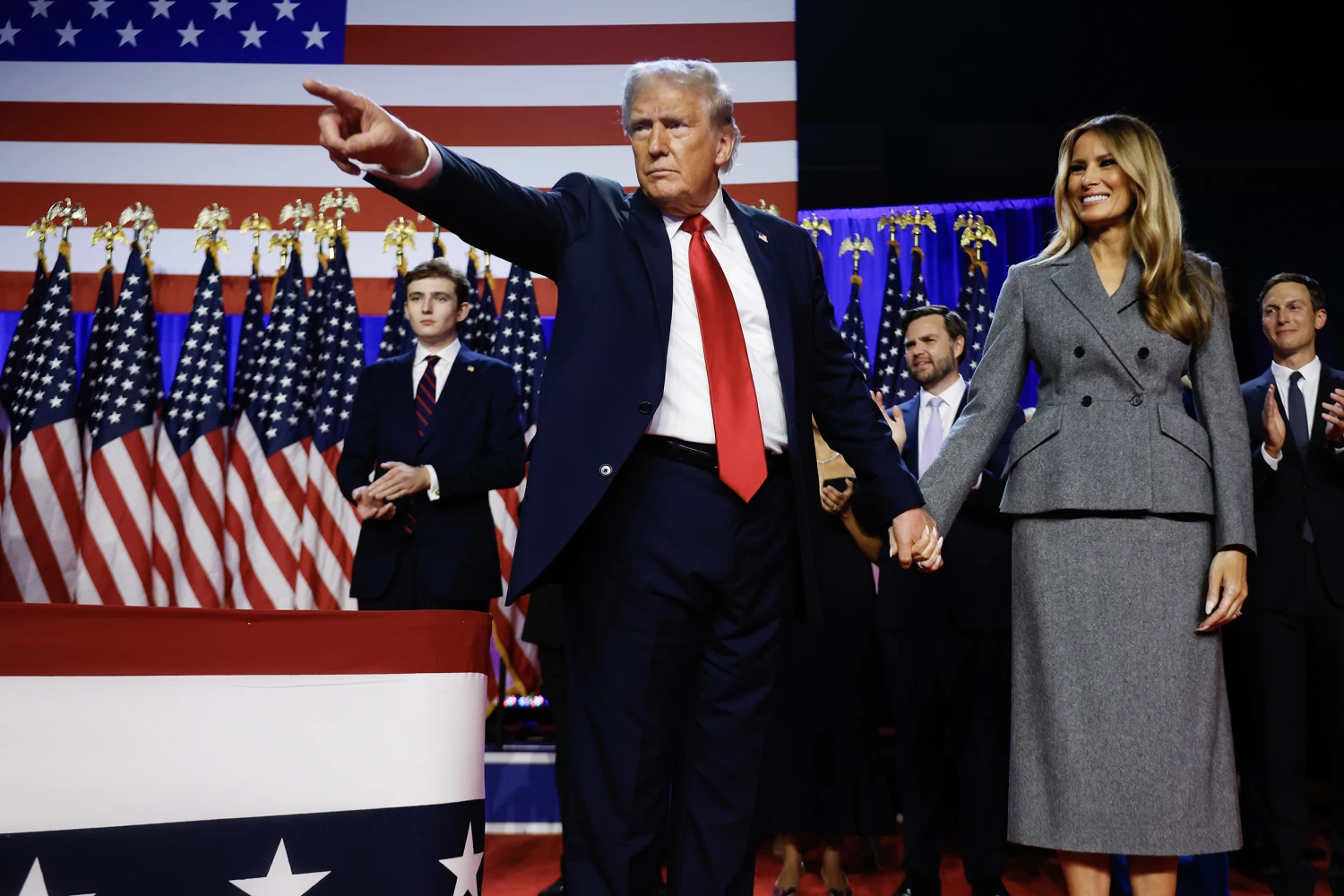European officials have responded cautiously to Donald Trump’s victory in the 2024 U.S. election, offering congratulations while also preparing for the possibility of renewed economic challenges. Many had been anticipating this outcome for over a year, focusing on policies that could protect the European economy from potential trade disputes.
While some European diplomats initially struggled to accept the election results, there was a sense that the outcome was not as surprising as Trump’s first win in 2016. Despite their disappointment, European officials were largely prepared for the possibility of a second Trump presidency.
Trump’s first term had already strained U.S.-EU relations due to his confrontational leadership style, which led to several tense moments. As a result, European leaders celebrated Joe Biden’s 2020 victory, hoping for more diplomatic engagement.
However, with Trump’s return to power, there is an underlying sense of concern across the EU, though some, like Hungarian Prime Minister Viktor Orban, have expressed support for his leadership. Now, the EU faces the challenge of managing a potentially volatile relationship with the U.S., as Trump has threatened to impose tariffs on European nations, which could severely impact the EU’s already fragile economy.

Europe Braces for Economic Challenges as Trump Wins 2024 U.S. Election
Trade relations between the U.S. and Europe are vital, with the EU and the U.S. sharing the world’s largest bilateral trade and investment relationship. Any new tariffs, particularly on key industries such as automotive, could push the EU into a recession.
Germany, heavily reliant on trade with the U.S., would be especially vulnerable to these economic pressures. European leaders are preparing for the upcoming challenges, with their discussions set to take place in Budapest, where they will address the future of transatlantic relations and potential strategies for mitigating risks.
As EU leaders meet, there is a strong emphasis on maintaining unity among European nations. Concerns about Trump’s policies, especially regarding Ukraine, could test this cohesion, as some countries have differing views on the conflict.
EU leaders are focused on protecting European solidarity while anticipating the potential consequences of Trump’s decisions. They are watching closely to see how Trump’s policies evolve, though uncertainty remains about the specifics of his approach to Europe and international relations.
Economists have expressed alarm over the possibility of a trade war under Trump, warning that it could severely damage Europe’s economy. ING analysts referred to the situation as Europe’s “worst economic nightmare,” predicting that new tariffs could push the eurozone into a recession.
Germany, which depends heavily on U.S. trade, would be particularly hard-hit by tariffs on the automotive sector. European governments are closely monitoring the situation, with some, like Germany, advocating for diplomatic efforts to avoid a trade conflict. They stress the need for cooperation with the U.S. to prevent significant economic damage.











































